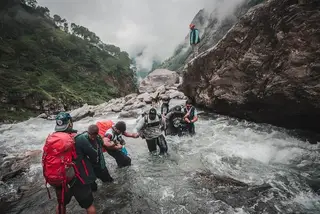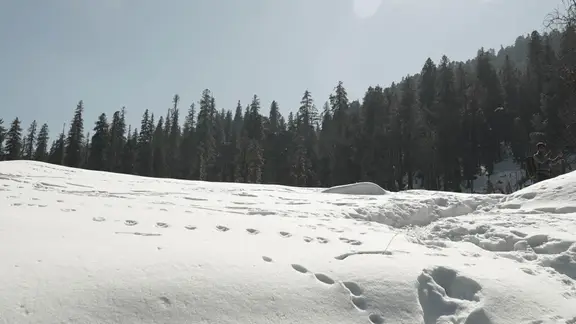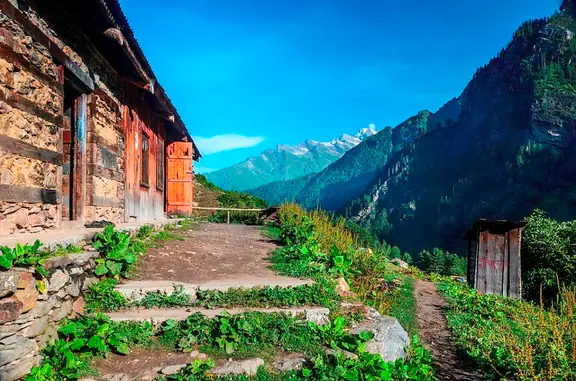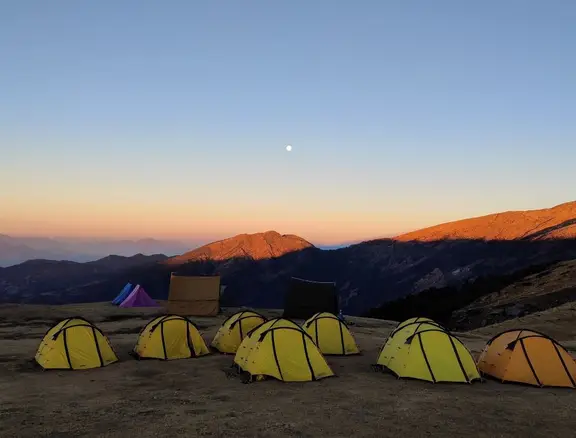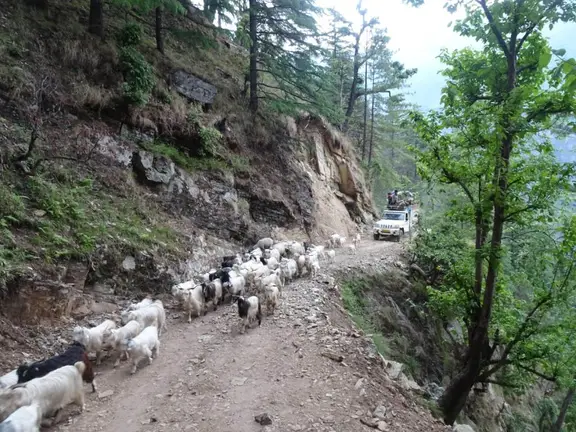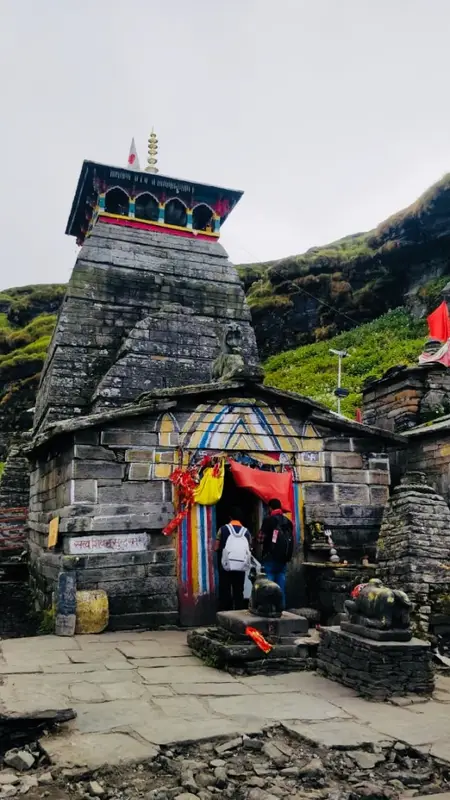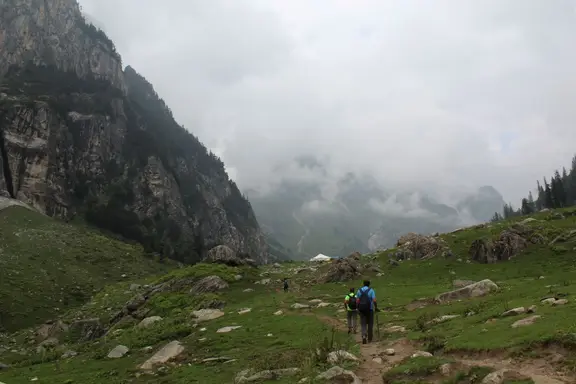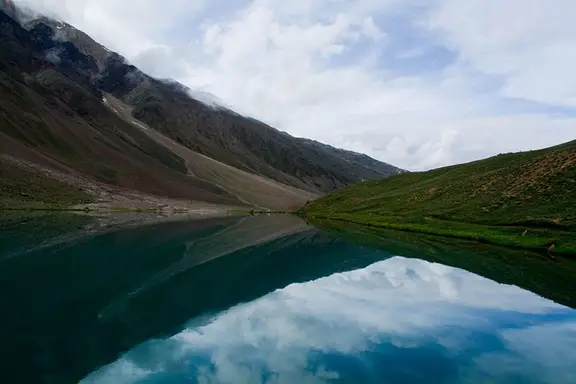Reason For Insomnia On A High Altitude Trek And How To Avoid It
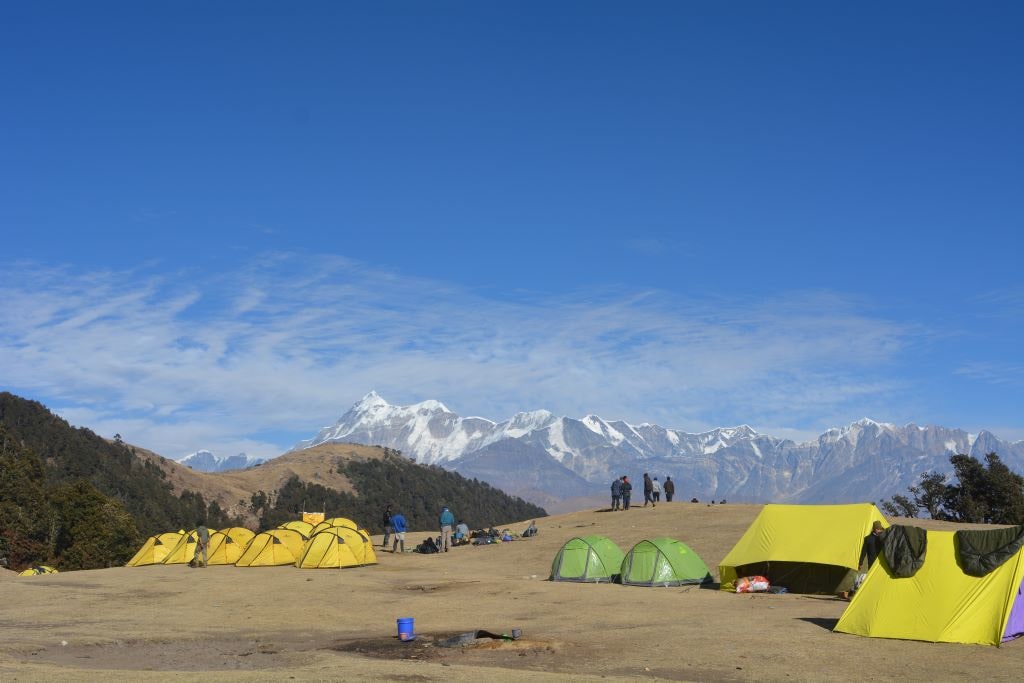
A high-altitude trek in the startling Himalayan landscape is on the wish list of most of us. Just close your eyes and you are transported to an idyllic picture book setting of mammoth mountains flanked by mighty deciduous trees.
But it is easier said than done. There are many challenges faced by both amateurs as well as seasoned trekkers on a high-altitude trek. Among the many challenges, sleeplessness is perhaps the most common problem that worries trekkers.
Trust us, we are not here to deter you but to prepare you well in advance. Through this article, we will take a step-by-step analysis of the cause of altitude insomnia. We will also talk about how to overcome high elevation sleep problems while embarking on a trek.
Also Check: What Happen To Body At High Altitude
Why is it hard to sleep at a high altitude?
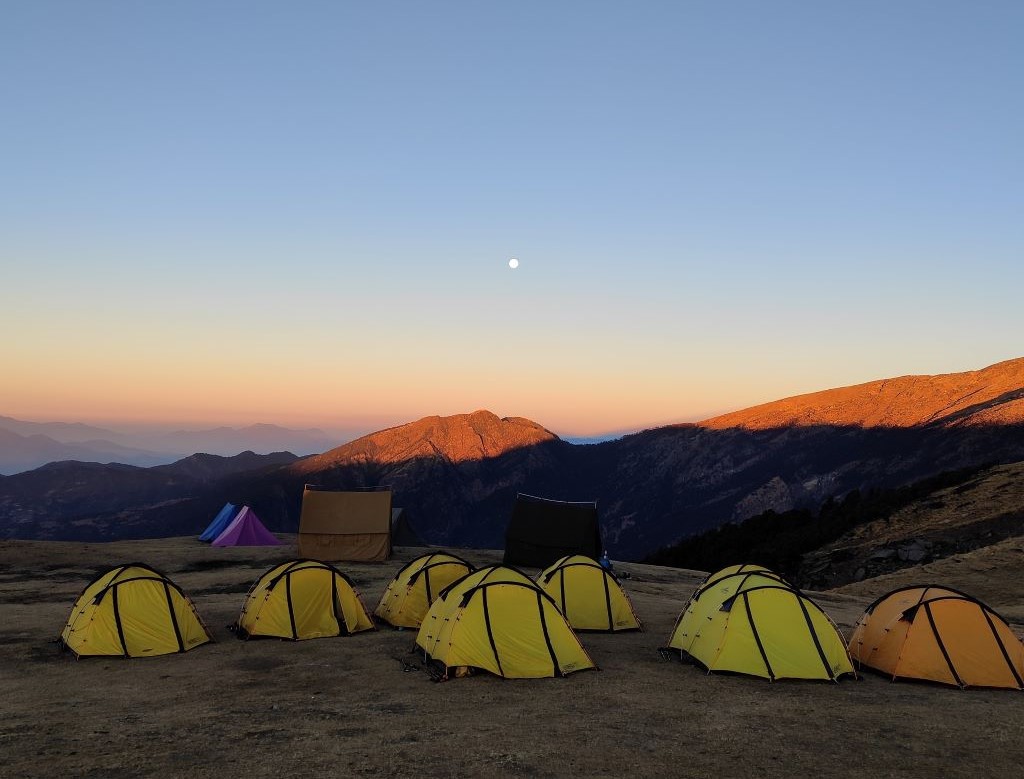
High altitude affects sleep for most trekkers. And of course, these sleep alterations due to high elevation adversely affect trekking performance in the daytime.
As you move up to a higher elevation, the oxygen levels reduce and this causes breathing troubles. This is because your body tries hard to restore normal oxygen levels. This may lead to disruptive sleep and erratic sleep patterns.
The most common symptoms of this are trouble falling asleep, less overall sleep, and frequent awakenings in the night, leading to extreme fatigue the next day. For someone who suffers from sleep apnea should be extra cautious. Sleep apnea may only become worse at a higher elevation. Those who have sleep apnea should make it a point to pack and use their CPAP machine at high altitudes.
At this point, you may be eager to know if there is any altitude insomnia treatment. Is there a way to improve your sleep quality?
Guys, don’t get anxious about high altitude insomnia. We will suggest some ways on how to adjust to high altitude so that sleep at altitude is not an issue.
Also Check: Altitude Mountain Sickness
How to sleep better at high altitudes?
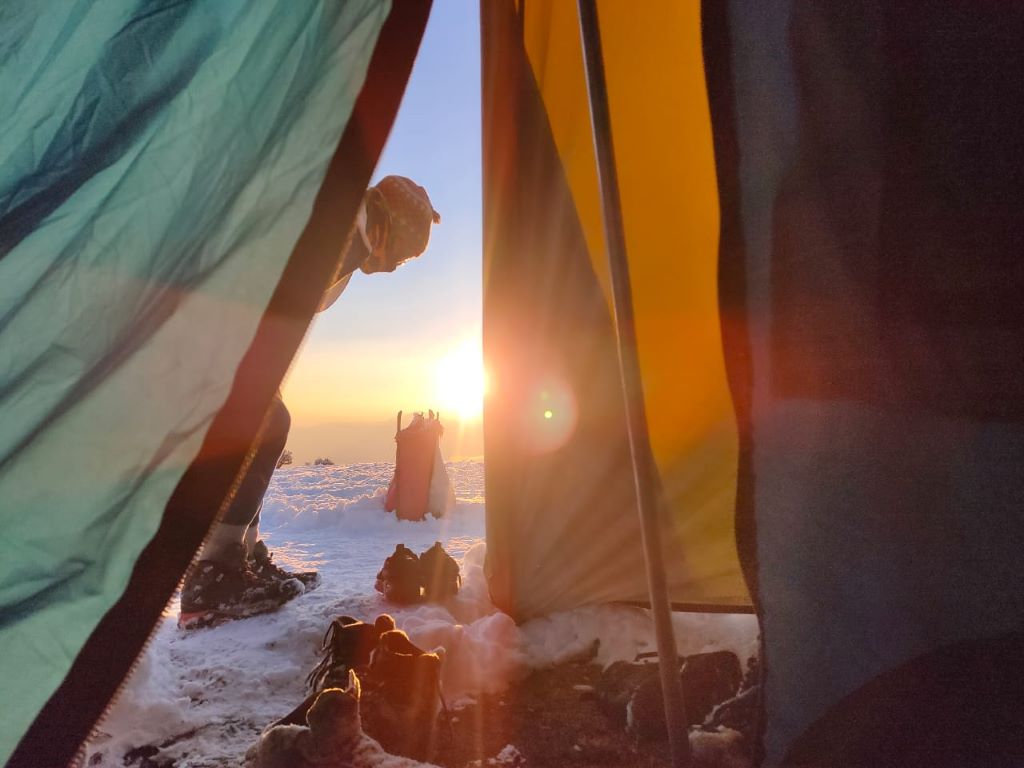
Most trekkers remain confused about how to prepare for hiking at high altitudes. A question that irks them is, does high altitude make you sleepy or induce sleeplessness?
Practically all those steps that one takes to prevent mountain sickness also help improve the sleep quality at a high elevation. Here is a quick look at the simple practices that one can follow to fight off insomnia at high altitudes.
- Proper start of the trek- It is advised to start your trek below 10,000 feet and walk up the distance instead of driving or flying. If for some reason you have to fly to the high-altitude trekking start point, take it easy for the first few days. Increase your altitude gain gradually so that your body has ample time to adapt to the changing altitude and fluctuating oxygen levels.
- Acclimatization- It is a well-known fact that your body needs acclimatization while embarking on a high altitude trek. And the same goes for improving your sleep pattern. Ascending high altitude too rapidly will impair your sleep quality. Experts recommend ascending the mountain at a slow pace. While embarking on the trek, do only 10,000 feet per day and set up the camp for the night.
- Take adequate rest- Overexerting yourself is a big no-no as it will take a toll on your body and eventually disrupt sleep quality. Do not traverse long distances at a stretch. Stop and take a rest after every 800 m to 1 km.
- Stay hydrated- As you gain higher elevation, your body loses water and salt faster. Also, trekking may cause fluid loss in the form of sweat. Dehydration inhibits the production of sleep-inducing chemicals, therefore, you should drink water at regular intervals. It is recommended that you drink 3 to 4 liters of water per day on your trek.
- Proper diet- A diet rich in carbohydrates will help you maintain your energy levels that are required to cover the trek. According to research available, carbohydrates provide 15% more energy as compared to fats. You can fuel your muscles in an oxygen-starved environment by gorging on carbohydrates. However, you should remember that your diet should be rich in carbohydrates yet light and easily digestible, consuming heavy meals is just not recommended.
- Avoid consuming alcohol and tobacco - You should also avoid alcohol and tobacco during the whole course of your journey. Alcohol and tobacco cause dehydration and also dilation of blood vessels. While dehydration can lead to acute mountain sickness (AMS), dilation of blood vessels can cause hypothermia and both these conditions can turn fatal.
- Avoid over-exposure to the sun- Remaining exposed to the sun for long hours reduces your energy levels and makes you fatigued easily. This directly transforms to sleep deprivation during the nighttime. One cannot avoid total exposure to the sun. However, you can limit exposure by wearing a wide-brimmed hat, using sunblock, and wearing sunglasses that provide UV protection.
- Medication- Some medicines like melatonin, Acetazolamide, and low doses of benzodiazepine (temazepam) are known to improve sleep patterns at high altitudes. But these medications should be strictly taken under the advice of your doctor.
Conclusion:
Despite the general notion that sleep at high elevations is erratic and poor, there is hardly any scientific evidence to support this belief. But it is in your best interest to adhere to the above-mentioned practices. By sticking to these easy-to-follow rules, your mountain rendezvous is bound to be the experience of a lifetime.
